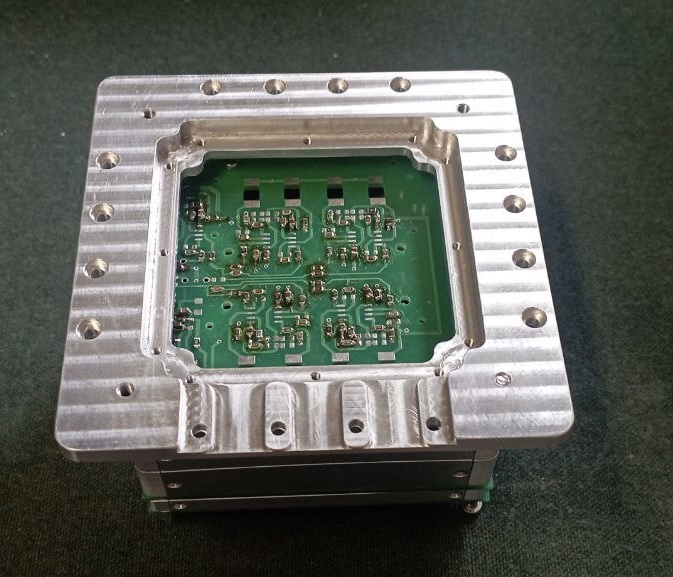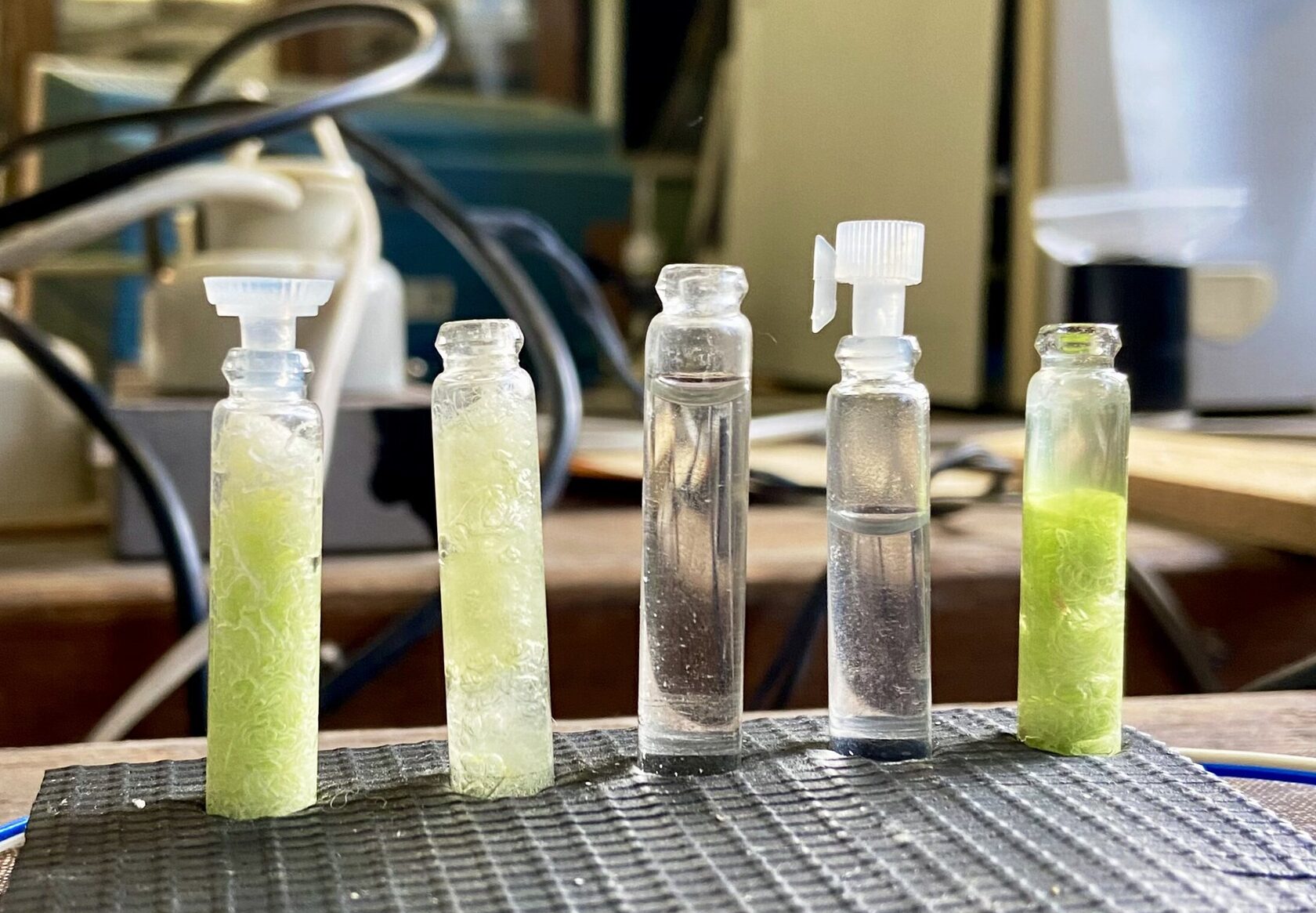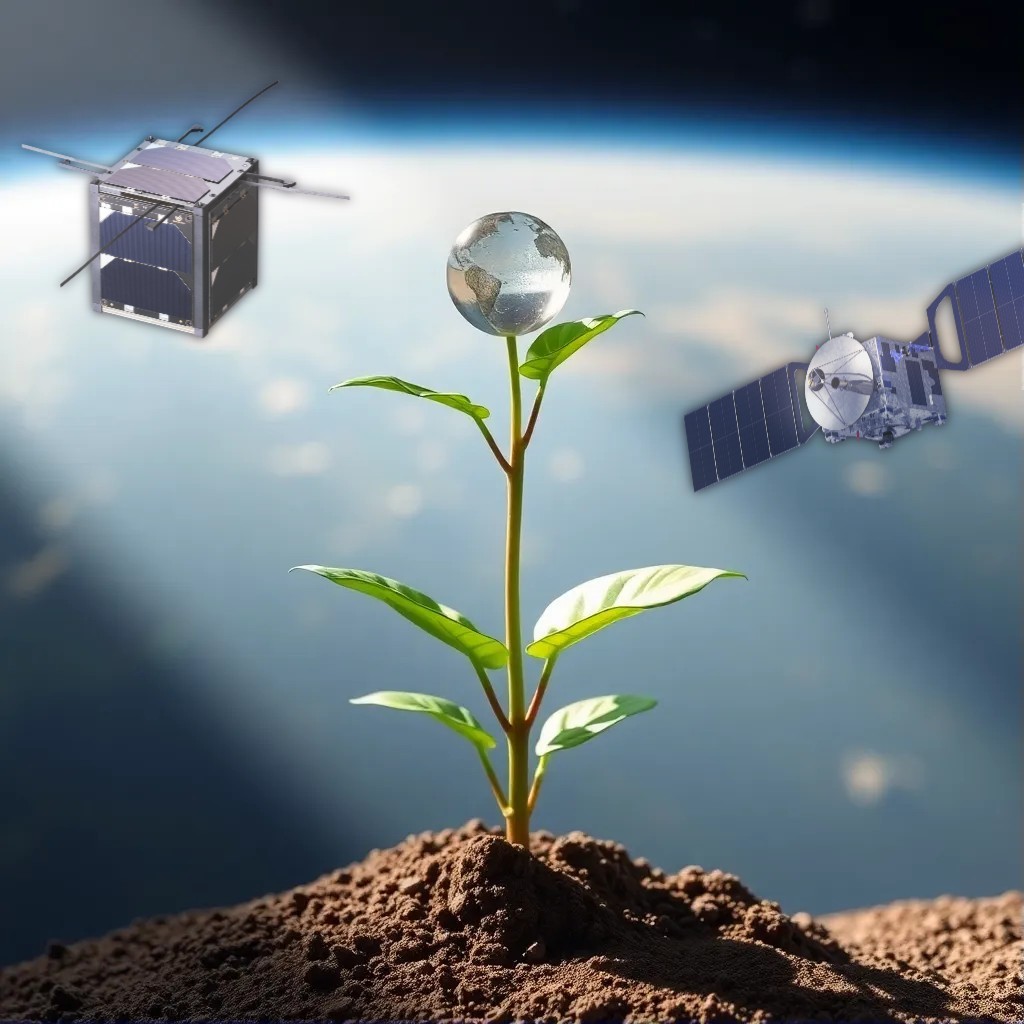At the Skobeltsyn Institute of Nuclear Physics of Moscow State University, under the leadership of Vladislav Osedlo, head of the Radiation Monitoring Laboratory, work continues on the program for an automatic biological laboratory.
Space Excrement is implemented as part of the scientific and educational projects Constellation-270 and Space-Pi.
Space Excrement is implemented as part of the scientific and educational projects Constellation-270 and Space-Pi.

Photo: a general view of the device in which capsules containing microorganisms will be placed.
The automatic biological laboratory is designed for the remote study of microorganisms in space conditions in real time through fluorescence that occurs when "microcosmonauts" are exposed to bursts of light or chemical reagents that induce them to glow.

Research on the effects of space on living organisms plays a crucial role in expanding our understanding of the mechanisms of life's adaptation to extreme conditions. In particular, working with photosynthetic microorganisms, such as Chlorella, presents a particularly interesting aspect of astrobiology. Such studies open new avenues for understanding how living organisms adapt to conditions in space, where physical and biological parameters differ significantly from those on Earth.

